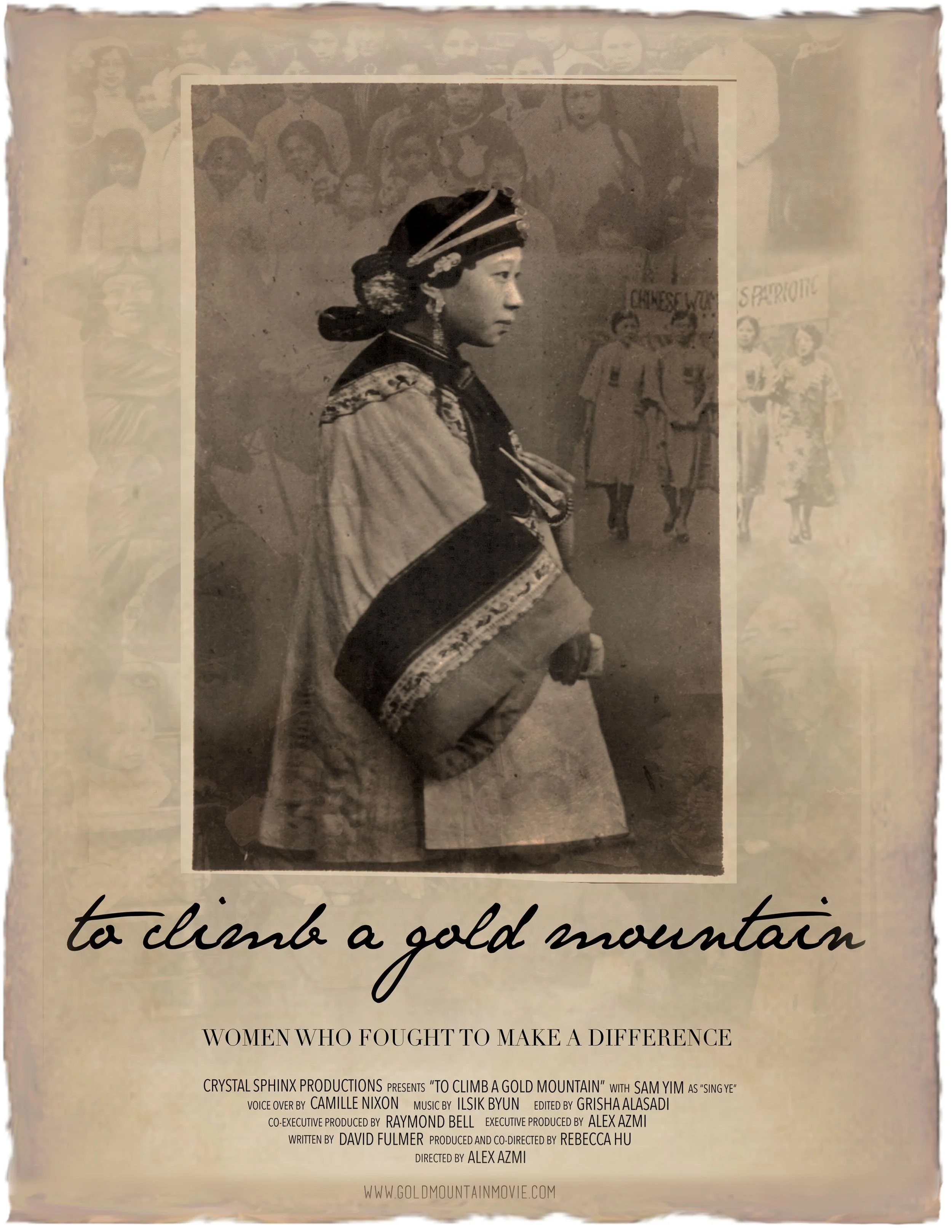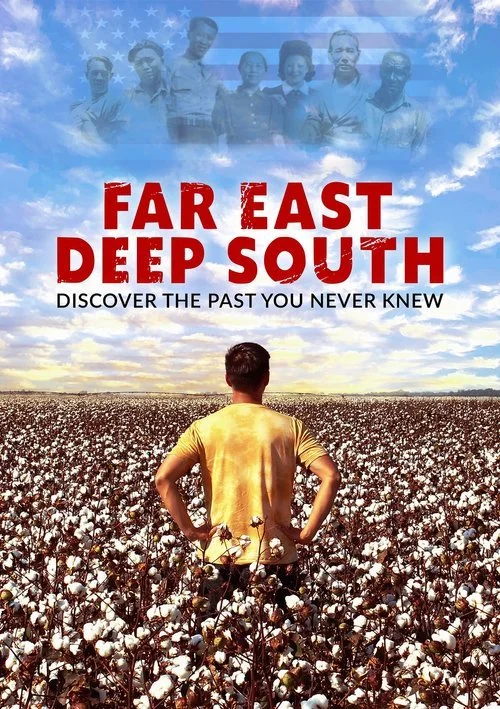
ICE Raids Impact Asian Immigrant Communities
Los Angeles, September 2025 — Recent Immigration and Customs Enforcement (ICE) operations have drawn attention for their impact on Asian immigrant communities in Southern California. While the raids are aimed at undocumented individuals, community members and local leaders report that the effects are being felt more broadly.
In neighborhoods such as Koreatown, East Los Angeles, and Artesia’s Little India, businesses and community spaces have seen reduced activity as residents express concern about potential encounters with immigration authorities. Advocacy organizations have responded by distributing “Know Your Rights” cards in multiple Asian languages to help residents better understand their legal protections.
There have also been reports of U.S. citizens being detained during the raids, raising questions about profiling and enforcement practices. A recent incident at a Santa Fe Springs flea market, where Latino men were detained, has added to concerns within immigrant and minority communities.
State and local officials, including Governor Gavin Newsom, Los Angeles Mayor Karen Bass, and Senator Alex Padilla, have criticized the operations, describing them as harmful to families and disruptive to communities. Community organizations have organized demonstrations and offered assistance to affected individuals.
The use of Terminal Island as one of the staging areas has drawn attention due to its history as a Japanese American fishing community that was dismantled during World War II. For some, the location has evoked comparisons between past and present government actions. ICE officials have reported that nearly 2,800 individuals were detained in Los Angeles County since the beginning of June.
Beyond urban neighborhoods, the raids have also had an impact on California’s agricultural regions. Farmers in Oxnard and the Central Coast reported labor shortages following enforcement actions.
Community groups continue to provide legal aid, hotlines, and other forms of support to those affected, while debate continues over the scope and methods of immigration enforcement.
Download the Know Your Rights resource as compiled by ACLU.
ASIAN AMERICAN VOTER ACCESS IN LA COUNTY
In-language ballot use, voter experiences and effectiveness of voter outreach
This study offers insight into what Asian American experiences are like when they cast a ballot in Los Angeles and the extent to which they find services to ease voting useful. We find that while Asian American respondents commend the government for trying to make it easy to vote, many report that it is still difficult to vote. In particular, we find that bilingual materials are not seen to make voting easier for Asian Americans. This study offers some evidence to suggest that language accessibility can be improved.
Invisibility Is Killing Us
Data aggregation and its health impact on AAPIs in California
Pacific Islanders and Asian Americans in California knew many in their communities were dying at high rates from COVID-19, from essential workers to family members, but this data and information was not being reported. These data gaps impacted distribution of resources to diagnose and mitigate COVID-19 for Pacific Islanders (PI) and Asian Americans (AA). As a response, the Southern California Pacific Islander and Asian American Data Equity and Health Policy Collaborative (DEHP) was formed, bringing together researchers, advocates, community-based organizations, and health departments to understand the policy challenges and opportunities to disaggregate Pacific Islander and Asian American data.
Films Exploring AAPI History and Culture

When one community hurts, we all feel the pain.
Lunar New Year is one of the most significant traditional celebrations for the AAPI community when families and friends honor their elders and ancestors through cultural traditions. We enjoy meals with our loved ones, hang red paper banners, and give red money envelopes symbolizing prosperity, health, and good luck. On the eve of this joyous occasion, lives were lost and numerous people were injured when a gunman shot patrons at the Star Dance Studio in the suburb of Monterey Park, California - a beloved ethnic haven for many immigrant families.
On behalf of the board and members of LACAAEA, we are thankful for the services offered by the Los Angeles County Board of Supervisors, County Departments and community partners. In this tragic event, the County steps forward to provide resources and services that many may not know are available.
Therefore, we need your assistance to ensure that family, friends, and colleagues who may have been impacted by this traumatic event are aware of these resources. When one community member hurts, we all feel the pain. Please share the information below to ensure those impacted know that free resources are available.
Immediate Resources for Victims
GoFundMe: Monterey Park Lunar New Year Victims Fund This campaign is organized by AAPI-serving community-based organizations to support the victims of the Monterey Park shooting. Donate at gofund.me/f804bb72.
Survivor’s Resource Center The County’s Office of Emergency Management has set up a Survivor’s Resource Center at the Langley Senior Center at 400 N. Emerson Ave., Monterey Park, CA 91754. There are free, local mental health resources available for anyone impacted. City of Monterey Park News Release.
Victim Compensation Board The State of California, Victim Compensation Board (CalVCB) may be able to provide financial assistance for families of those impacted by this incident. Call CalVCB’s Customer Service Line for assistance: 1-800-777-9229.
Community Resources
Los Angeles County Department of Mental Health supports the wellbeing of county residents and communities through free crisis services, mental health referrals, and emotional support. (800) 854-7771; https://dmh.https://dmh.lacounty.gov/resources/grief-loss/ Various language translators are available.
AAPI Equity Alliance has created a directory list of community resources. Additional County resources can also be found by calling the 2-1-1 hotline.
The Asian Mental Health Collective has a US Therapist Directory for anyone in need of culturally-sensitive mental health services.
















